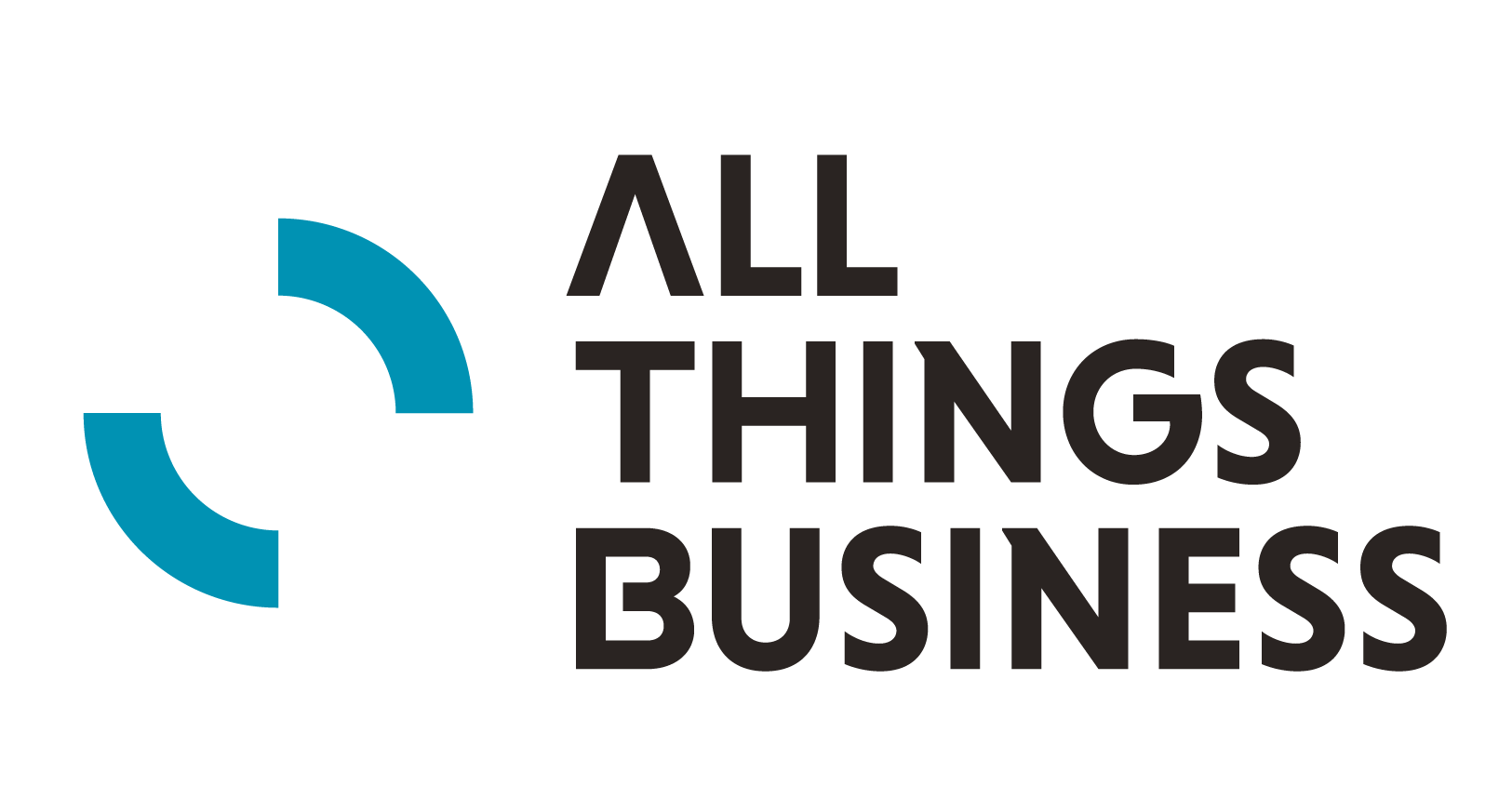Adjoa Anim
Chartered Trade Mark
HGF
Businesses generate Intellectual Property (IP) rights and it is important that these ideas are identified and protected, so that they can be enforced against third parties and exploited. Trade marks, the focus of this article, are a type of IP right which provide protection for a business’s brands. IP covers other intangible assets, including:
- Copyright – protection for created works, e.g. literature and databases
- Designs – protecting the visual and appearance aspects of products
- Patents – protection for new inventions
- Trade secrets – applies the law of confidentiality to certain information
What is a trade mark?
A trade mark is a badge of origin for goods or services, to indicate that they are produced or provided by a specific entity. It can be a word, logo, shape, colour, sound or type of packaging. A registered trade mark provides the proprietor with certain rights to the mark. It can be used to stop another business using an identical or similar mark in relation to goods or services which are identical, or similar to, the registered goods and services. In certain circumstances, a trade mark registration can stop the use of an identical or similar mark on wholly dissimilar goods.
Benefits of trade marks
Pre-registration checks provide an opportunity to assess whether there are any identical or similar rights that pose an obstacle to the use and registration of the proposed mark. Securing an early registration reduces the risk of rebranding after launch, as the process itself exposes potential conflicts.
Although having a registration does not provide the owner with an absolute exclusive right to use the mark, it is a good indicator that the risk of IP-related litigation will be low. Once the registration process is complete, a trade mark registration gives the owner an asset that adds value to the business. Trade mark registration also adds to the credibility of the business, especially when selling the undertaking or seeking investment or collateral.
I want to register my trade mark, what next?
When discussing new trade marks with clients, we ask these first few questions to help devise a strategy for securing protection:
- What mark will be used to sell the products or services?
- What goods and/or services be sold or provided?
- Where will the business operate, geographically?
- Is the mark free to use and register in the territories of interest?
Other factors to consider include whether the mark for the product or service offering will be different from the business name, when the mark will be used or whether use has already begun and any budgetary constraints. Other future business plans such as whether the mark will be used by the business and/or third parties and whether there are future plans to divest the product or service provision from the business itself are important factors keep in mind.
Once we have answers to these questions, we can devise a strategy for protection, enforcement and exploitation so that businesses get the best value out of their trade marks.
Adjoa Anim is a Chartered Trade Mark Attorney and Director at HGF Limited. Contact Adjoa at aanim@hgf.com or via LinkedIn with any questions concerning trade mark protection and other areas of IP.

